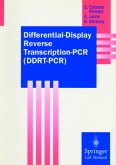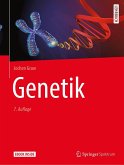Unwanted childlessness affects approximately one in six couples worldwide. - though the exact proportion of the predominant cause of the problem remains controversial, according to the World Health Organization (WHO), in nearly 40% of cases the cause can be attributed to the female, in 20% to the male, in 25% to both, and in 15% the cause remains unknown. Based on these ?gures, the - cidence of male factor infertility in the general population is approximately 7%. The majority of these men, approximately 30%, experience irreversible idiopathic infertility and cannot father children without some form of medical intervention. Male factor infertility, in addition, may be caused by testicular germ cell cancer, which is known to represent the most common cancer among young men, aged 15 to 35 years, in Western industrialized countries. The number of affected men has increased dramatically over the past 50 years. There is now growing evidence that human testicular germ cell cancer originates from fetal germ cells exhibiting an aberrant programme of gene expression, and tumour progression may be favoured by an aberrant Sertoli cell-germ cell communication.
Hinweis: Dieser Artikel kann nur an eine deutsche Lieferadresse ausgeliefert werden.
Hinweis: Dieser Artikel kann nur an eine deutsche Lieferadresse ausgeliefert werden.








